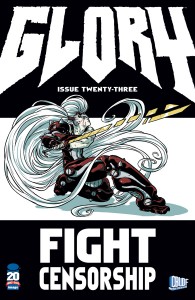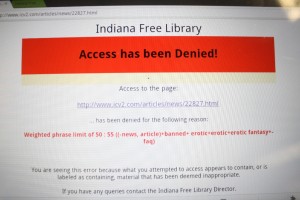by Alex Cox
 The CBLDF is excited to be returning to the great city of Philadelphia, for the first time in several years for Wizard World Philly! This historic city is one of the most important homes of American democracy, and we are proud to help continue the legacy of Free Speech and Free Expression in this exciting town!
The CBLDF is excited to be returning to the great city of Philadelphia, for the first time in several years for Wizard World Philly! This historic city is one of the most important homes of American democracy, and we are proud to help continue the legacy of Free Speech and Free Expression in this exciting town!
Wizard World was gracious enough to host us, and we will be in booth 1049 all weekend long. We have a terrific array of donation premiums, including several new books, signed by awesome supporter artists such as Stuart Immonen, Jason Aaron, Matt Fraction, Frank Miller, and many, many more! We’ve put together a killer mix of books and t-shirts for the fine folks of Philly, and can’t wait to see the Pennsylvania area fan community!
For CBLDF members, we have the last few exclusive, variant cover copies of GLORY 23, available only to card-carrying member of the CBLDF! If you are not a member, but want to join, we can sign you up on the spot! Never fear! These GLORY variant covers are free to members, and extremely rare, as well as signed by writer Joe Keatinge!
So swing by booth 1049, if you are visiting Wizard World Philly! There’s no better to join the fight for Free Speech!
